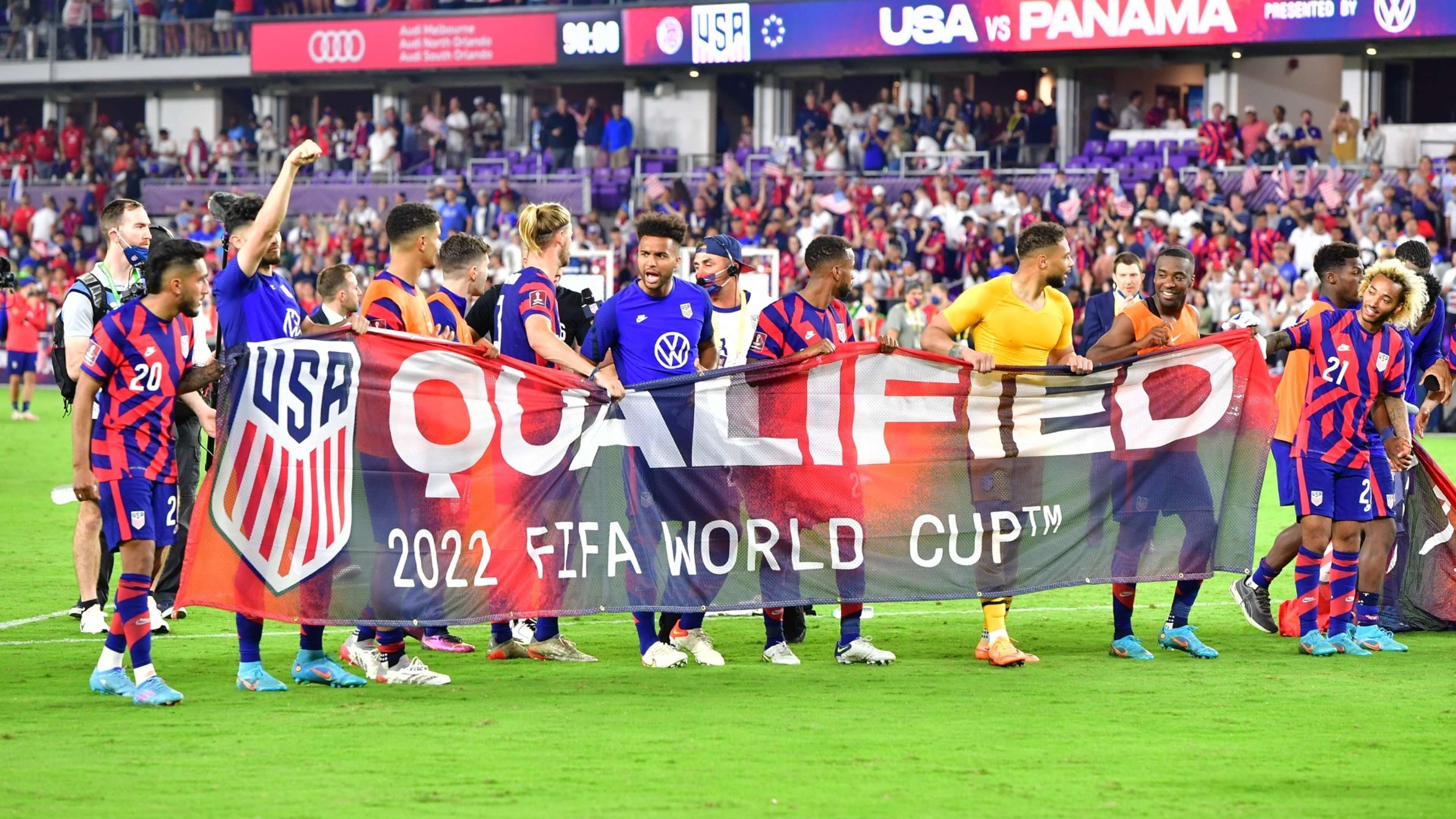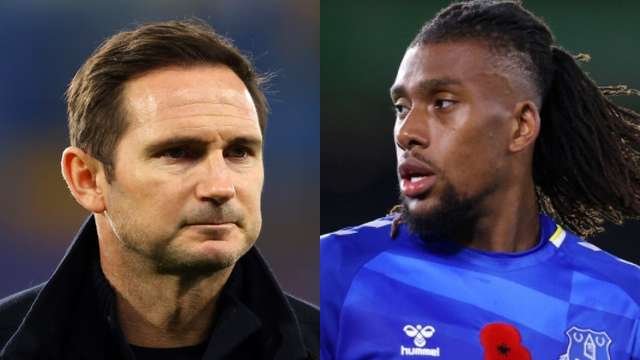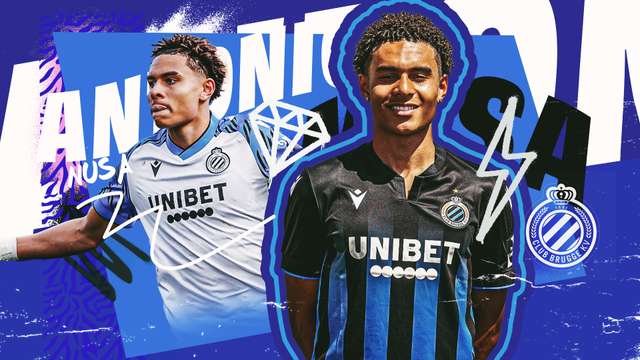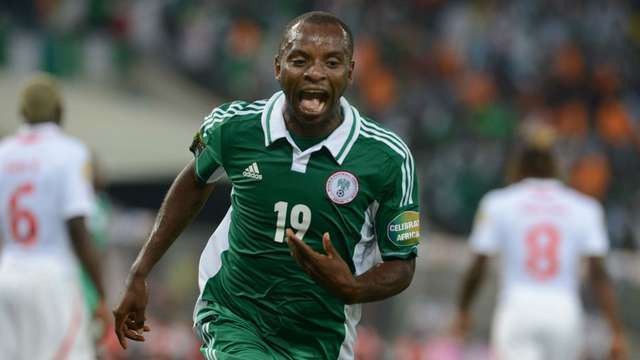When all was said and done, the U.S. men's national team's World Cup qualifying campaign ended with a relative thud. A months-long sprint through CONCACAF concluded with a 2-0 loss in Costa Rica, a relative letdown for a team that had ambitions of ending this run on a high.
But make no mistake: Wednesday night was worthy of celebration, even if the performance wasn't. It was a long-awaited, much-needed and life-altering night for a team that has worked so hard for this moment.
The U.S. has had plenty of celebrations over the last year. The Nations League, the Gold Cup, wins over Mexico, Panama, Jamaica and Honduras. There had been reasons to celebrate, to embrace an accomplishment for a young team that has taken several big steps over the last few years.
But this was different. This was a night 1,632 days in the making, one that American soccer has looked forward to, craved, since that night in Trinidad & Tobago.
Wednesday was when the nightmare finally died, and the night that the USMNT truly began to dream again. And this is just the beginning.
Sure, it was the night that the U.S. finally put to rest any talk of the 2018 World Cup cycle. It was, effectively, the end of a four-year run that had one singular goal in mind.
But, for a golden generation that dreams of much, much more, this was, in theory, just the start.
For the first time in eight years, the U.S. men's national team is going back to the World Cup. After all of this time, the U.S. is back where they belong.
"It was a full-on party," Gregg Berhalter told CBS of the celebrations. "These guys earned it, they deserve it, and although we're disappointed in the result tonight, we can still put it past us because we're in the World Cup."
How sweet that must feel for Christian Pulisic, Kellyn Acosta and DeAndre Yedlin, all players who were on the field on that fateful night in Couva in 2017. What a moment this is for Tyler Adams, a player that remembers watching on from afar as the 2018 World Cup cycle went up in flames. And what could be said about Berhalter, the man tasked with turning the youngest team in U.S. history into the one that sealed its place back among the world's elite?
"I spoke to the guys before the game," Yedlin told CBS, "and I just thanked them for giving me a chance to redeem myself and giving the country a chance to redeem itself."
Whether you were there in 2017 or not, whether you played one qualifier or 14, this was what the past four years was all for.
The mission was to get back to a World Cup. And, in San Jose, the USMNT were finally able to say it: Mission Accomplished.
"To an extent it is personal," Paul Arriola said during the home stretch of World Cup qualifying. "It's something that I've experienced that maybe some others haven't. At the end of the day, it's a team sport and I think the mentality of this group is completely different from the past."
This group, this golden generation, grew from the ashes of the past after that 2018 qualifying cycle. It seems so long ago now, having seen many of these players grow up over the years, but their journey wasn't always one filled with optimism.
It began with a friendly against Portugal under an interim boss, Dave Sarachan, who was handed a USMNT program on life support in late 2017. He took charge for what was called "a lost year", one where the U.S. treaded water without a full-time head coach.
Under Sarachan, several key pillars of this USMNT were introduced, players like Adams, Weston McKennie, Antonee Robinson and Zack Steffen. Those four would go on to be mainstays of this qualifying cycle.
Over the years, other players were added. We've watched Gio Reyna grow from youngster to Borussia Dortmund star. We've seen the rise of Ricardo Pepi and Yunus Musah. We've learned the story of Matt Turner, who took an unthinkable path to the national team.
In between all of that, Berhalter was brought in and handed an almost impossible task. He was charged with nurturing the youngest USMNT ever, even if they were arguably the most talented. He was tasked with implementing a style of play, an identity, to a team and a program that had lost its way. And he had been tasked, most importantly, with giving the American public a reason to care again and, most importantly, a reason to dream again.
That's a weight that this entire team felt over the last four years. The pressure on this team has been different than the ones of years past. Not only was this team charged with sealing their own spot in the World Cup, but they were also supposed to rectify the mistakes of those that came before them.
"I think about the responsibility that I have and the responsibility that some of my teammates have," Adams said last week. "We have to qualify, there's just no other option.
"When you're in big games and important games, you always have to remember what motivates you and what you're doing it for. For us, we're doing it for all of the U.S. fans. We don't want to let down our nation.
"When you're battling it out, you're remembering every single moment, what you're playing for and the importance that it holds."
For years, every single thing the USMNT did was done with that dark cloud hanging over them. It came up each and every time they gathered. It was unavoidable. From the moment the whistle blew in Couva in 2017, that would be a defining moment of this team's story.
It may have been a defining moment, but they didn't let it define them. They may have felt the pressure, but they never broke under it. It may be a part of their story, but it certainly wasn't a story they had any intention of continuing.
For years, the hope was that this team would be different than the ones that came before, even the successful ones. There was a belief that this generation could change the perception of American soccer forever. The optimist would look at this team and believe that it has the talent, the belief, the energy and the attitude to reach a level unmatched by any USMNT before them.
But to reach those levels, they had to start with this one massive step.
“I wasn't a part of that [2018] group," Tim Weah said this week, "but the media has classified us as the golden generation and the generation that's going to qualify for the next World Cup. So I think we do carry a lot of that weight on our shoulders.
“This qualifying for the World Cup is not only for us, it's for the group before. It's for the Clints [Dempsey], it's for DeAndre, it’s for Jozy [Altidore], all the guys that didn't get to do it again. We've now taken up that role to get the job done.”
That they did. They got the job done.
This golden generation will now get their moment in the spotlight, and they've earned it. They're a team that has grown up before our very eyes, going from a group of teenagers and 20-somethings to a team that will hope to truly compete with the best in the world at the World Cup next year.
That World Cup may still be too much for this group, who will be among the youngest in the field. The 2026 tournament, set to be held on home soil, may be the USMNT's true coming out party.
But, at this point, that won't matter. What matters is that they're there, that the USMNT are back where they belong: on the world's stage.
It's come after a years-long journey with two coaches, dozens of players, two trophies and, most importantly, one successful World Cup qualifying campaign.
The first step of this journey is over. The first job is done. They'll find out on Friday what the next step will be, what the road through Qatar will truly look like.
Now, the fun truly begins.




